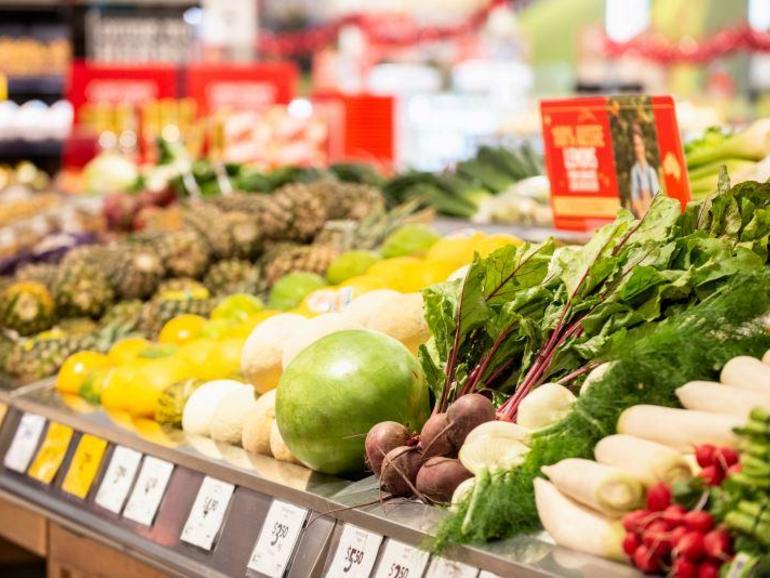Australian supermarket giant Coles has a struck a deal with Relex Solutions to use a cloud-based artificial intelligence platform to change the way it replenishes its fresh produce stock across more than 850 supermarkets nationally.
The retailer said the platform will be integrated with the company’s existing in-house analytics forecasting solution and be used to improve stock order forecasts by factoring in past purchases, weather, and local community events, as well as automating replenishment processes and reducing food waste.
The new system will be introduced in its supermarkets nationally and seven fresh product distribution centres.
“Fresh produce presents many unique challenges compared to other parts of the grocery business: Shorter shelf life, seasonality, price elasticity, along with the diverse and complex growing seasons and regions we are challenged with in Australia,” Coles central operations and transformation executive general manager Kevin Gunn said.
“Using the Relex solution to centralise the control of the replenishment model allows Coles to provide increased efficiency in one of our most complex supply chains and improve the customer experience through more targeted ranges, improved availability, fresher products, and simpler processes for our team members and our suppliers.
“The centralised ordering of fresh produce will also help to reduce waste on our existing range and minimise waste on new ranges.”
Coles CIO Roger Sniezek added the initiative forms part of Coles’ easy ordering program, which he touted is a “critical project” under its so-called smart selling strategy.
For the 2021 half year, the supermarket giant said it continued to benefit from the strategy, reporting an overall uplift in group net profit after tax (NPAT), sales revenue, and earnings before interest and tax (EBIT).
For the period to January 3, NPAT jumped by 14.5% from AU$489 million to AU$560 million; sales revenue lifted from AU$18.8 billion to AU$20.4 billion, an 8.1% change; and EBIT surpassed the $1 billion mark after posting 12% growth.


